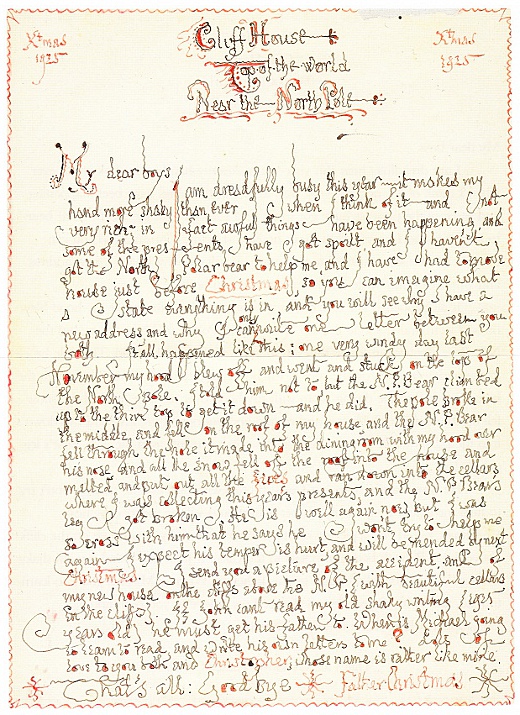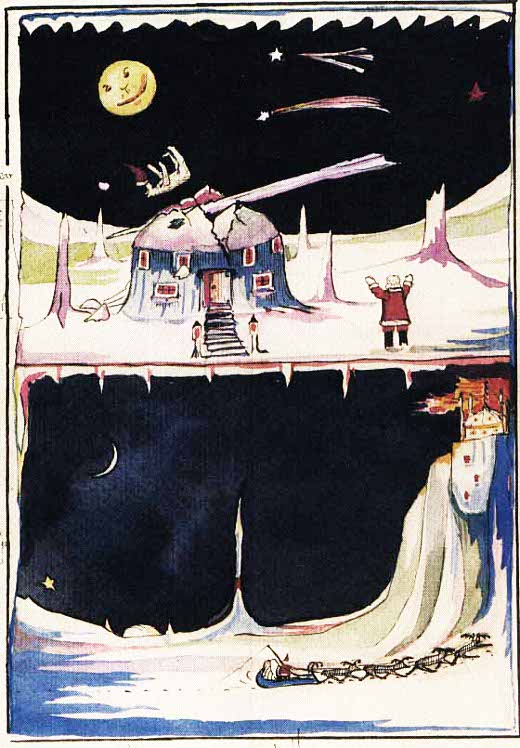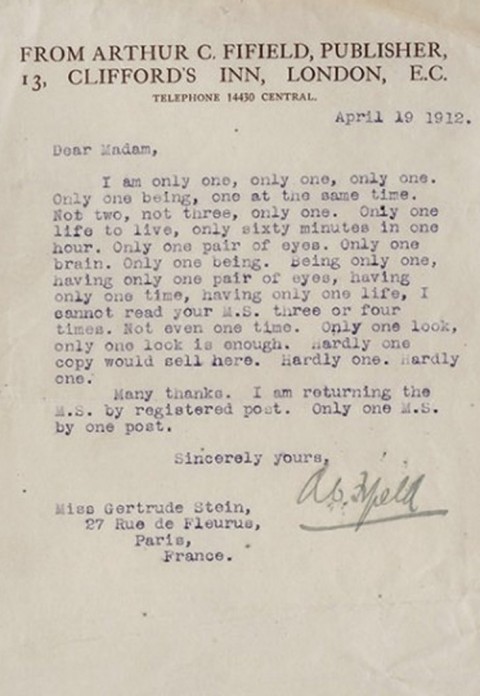There was a time when a company like Volkswagen could commission various luminaries to write letters to the future, then publish them in Time magazine as part of an ad campaign. In fact, that time wasn’t so very long ago: it was the year 1988, to be precise, when no less an optimistic (or optimistically bleak?) novelist than Kurt Vonnegut was still active. At some point between writing Bluebeard and Hocus Pocus, he composed a missive directed toward humanity a century hence (in 2088), which you can read even in this relatively early year of 2024 here.
Vonnegut begins with quotations from Shakespeare and St. John the Divine, explaining that “our century hasn’t been as free with words of wisdom as some others, I think, because we were the first to get reliable information about the human situation.” In his time, we knew full well “how many of us there were, how much food we could raise or gather, how fast we were reproducing, what made us sick, what made us die, how much damage we were doing to the air and water and topsoil on which most life forms depended, how violent and heartless nature can be, and on and on. Who could wax wise with so much bad news pouring in?”
Of special import to him was the revelation that “Nature was no conservationist. It needed no help from us in taking the planet apart and putting it back together some different way, not necessarily improving it from the viewpoint of living things.” Earth may have given rise to humanity, but it has not the capacity to care whether we or any other particular life form survives on it. And so we must take it upon ourselves to ensure our own well-being, which requires living in accordance with what Vonnegut calls “Nature’s stern but reasonable surrender terms”:
- Reduce and stabilize your population.
- Stop poisoning the air, the water, and the topsoil.
- Stop preparing for war and start dealing with your real problems.
- Teach your kids, and yourselves, too, while you’re at it, how to inhabit a small planet without helping to kill it.
- Stop thinking science can fix anything if you give it a trillion dollars.
- Stop thinking your grandchildren will be OK no matter how wasteful or destructive you may be, since they can go to a nice new planet on a spaceship. That is really mean, and stupid.
- And so on. Or else.
You can easily imagine these words uttered by Vonnegut himself, but how about by Benedict Cumberbatch? There’s no need to imagine: you can simply watch the new video above, taken from a recent Letters Live event. Cumberbatch is one of the series’ star readers, having previously interpreted letters by Nick Cave, Albert Camus, Alan Turing, and others onstage. This advice to the “ladies and gentlemen of AD 2088” has proven to be one of his hits; you can hear another, earlier reading here. Perhaps Vonnegut’s words bear repeating, but then, he always showed a sharp awareness that humanity has few qualities as persistent as the inability to listen.
Related content:
In 1988, Kurt Vonnegut Writes a Letter to People Living in 2088, Giving 7 Pieces of Advice
Benedict Cumberbatch & Ian McKellen Read Epic Letters Written by Kurt Vonnegut
22-Year-Old P.O.W. Kurt Vonnegut Writes Home from World War II: “I’ll Be Damned If It Was Worth It”
Based in Seoul, Colin Marshall writes and broadcasts on cities, language, and culture. His projects include the Substack newsletter Books on Cities and the book The Stateless City: a Walk through 21st-Century Los Angeles. Follow him on the social network formerly known as Twitter at @colinmarshall.




